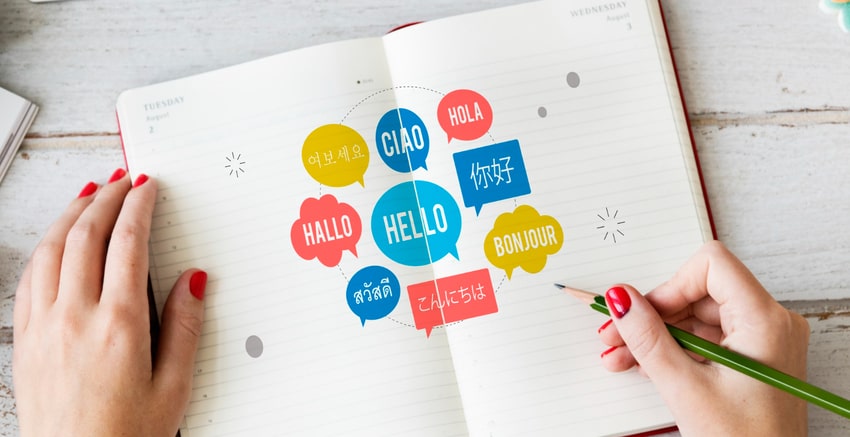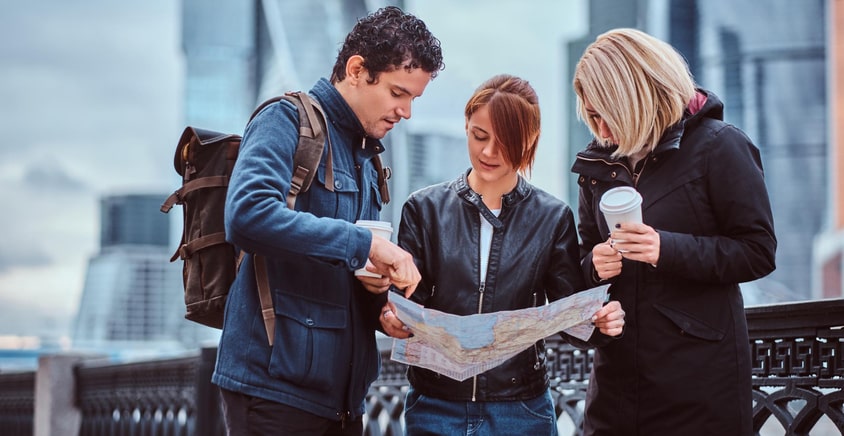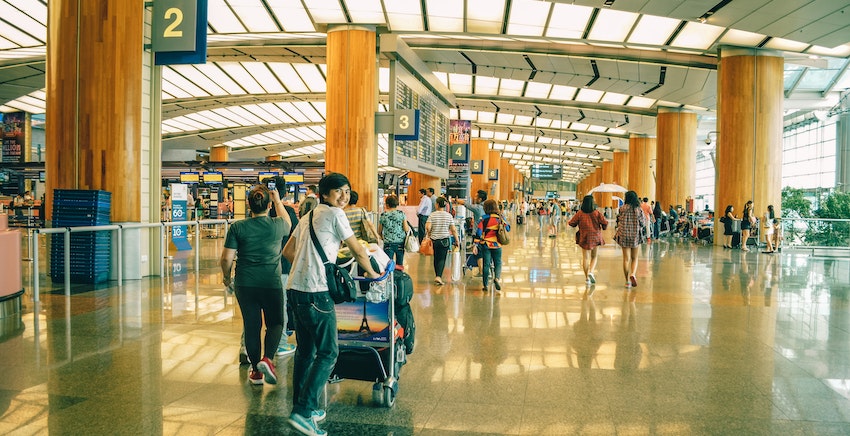

How to Travel to A Place When You Don’t Know the Language
Traveling in a new nation might be overwhelming in and of itself, but it becomes considerably more challenging if you don’t understand the language. Thinking about entering into a risky spot, or indeed any situation, in a place where you can’t communicate, might be stressful.
In a foreign nation where you do not speak or comprehend the language, it can feel daunting to get lost, be unable to locate a restroom, or explain food sensitivities to waiters. Many people refrain from traveling overseas simply because they don’t want to make a fool of themselves by pronouncing words incorrectly in another language.
However, you shouldn’t let a potential misunderstanding or the prospect of discomfort prevent you from experiencing the world. Even if you are not bilingual, the following advice will ensure that you can travel to various places throughout the world safely and easily.
Guidelines For Overcoming A Language Barrier

You can travel without learning the local language or considering how to communicate successfully. And? If you consider some of this ahead, you’ll have a lot more fun. There are several suggestions below that are merely about being polite, but there are also some useful suggestions.
Learn Polite Phrases

You may act a bit more carefully than you normally do at home when you are a guest in someone’s home. Being a visitor in another nation is similar. Make a list of phrases and words including “kindly,” “thanks,” “excuse me,” and “I’m sorry,” as well as questions like “Can you speak English?” – if you have never become fluent in the language. likewise “I do not speak [language],” Excuse me, I don’t understand [name of language] is probably something you can memorize very quickly. Learn how to greet people respectfully (most countries have formal and casual greetings; using the wrong one won’t ruin the world, but it could make you appear a little impolite).
Employ Body Language

When trying to communicate with a person who doesn’t understand your language, body language is indeed a crucial tool. For instance, if you can’t comprehend the menu when you’re at a restaurant, search for images or a display case so that you can indicate the item you want to eat. You can also see whatever the table in front of you is eating and order it if it seems delicious.
If you’d like, you can bring some simple signs with you that you can use to signal questions to anyone you come across. To get someone to lead you in the direction of the closest washroom, for instance, you could point to an image or sign of a toilet. You can convey your meaning more effectively by using gestures, smiles, nods, and shrugs.
Install A Language Translation Application

The development of foreign language apps that instantly translate words has made traveling abroad much simpler in recent years. Numerous apps are available to assist you in communicating in foreign languages. Some apps act as phrase dictionaries, some of which will translate the words you type. Many people also work offline, which is advantageous when using data away from home is pricey. Google Translate could also translate certain text using the camera on your smartphone if data use isn’t a concern.
Hire A Translator

Often, having a bilingual local tour guide is the only viable option. They not only are familiar with the place but also with the intricacies of the native tongue, which can help you make the most of your contacts with locals.
The cost of hiring a translator may vary greatly depending on your location. Choose the proper days of your vacation to hire one: the sooner your journey, you can acquire the information and advice that will help you make the most of the rest of your trip. Once more, in this case, research is helpful: Accredited guiding services may cost more, but they involve far less risk overall.
Use Your Common Sense When Making Gestures Around the World

You need to be aware of the various gestures can imply various things in different parts of the world. According to The Huffington Post, Latin America, West Africa, Iraq, Iran, and Afghanistan do not appreciate the thumbs-up symbol, which is used to indicate approval in many nations.
Eye Contact

Based on where you are, even general patterns of body language can also have various implications. For instance, eye contact is handled differently in China than it is in the United States. Direct eye contact is frequently interpreted in the U.S. as a show of respect and attention paid to the person being looked at. However, the very same amount of eye contact is perceived as arrogant and challenging in China.
Physical Contact

Distinct countries have different laws regarding physical contact. Physical touch plays a significant role in interpersonal interaction in some cultures, such as the ones encountered in Latin America or the Arab world. Other cultures are far more “hands-off,” such as Scandinavian and Japanese societies. For instance, in certain “non-contact” cultures where individuals prefer simply bow instead of shake hands, a simple handshake could be frowned upon.
Proximity

The idea of closeness, or how near people interact with one another in various social circumstances, is related to physical contact. How near you should approach someone when speaking to them or waiting for them on public transit varies depending on the country. For instance, it is typical to squeeze into a small space aboard a train in Japan. To converse with someone quite close to them would be odd. The latter may be interpreted as an act of aggression by the Japanese.
Bottom Line
Don’t be apprehensive or afraid to visit places where the language is not your own. You can enjoy a safe and enjoyable vacation by using the above-mentioned advice on how to travel even though you’re not bilingual, and you could even pick up a few phrases of the local tongue in the process.




